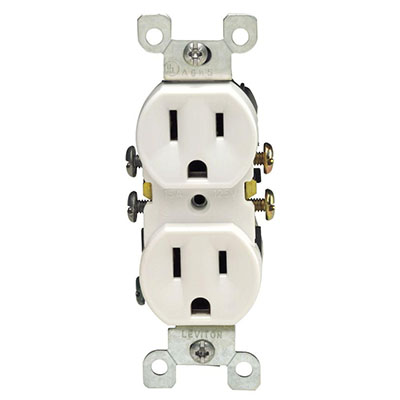
23 Aug Electrical outlets and speciality outlets – Different types
Electrical outlets and speciality outlets – Different types
Electrical outlets, sometimes referred to as receptacles play a role in giving life to your appliances. Outlets are the connection between your electrical system and electrical devices. There are various different types of outlets/receptacles you can install making it important to utilize the right type for your home along with location. At ACCL Electrical we know its important to choose the right type of outlet thats why in this article we will go over the different types of electrical and speciality outlets.
Electrical Outlets and Receptacles Different types;
15-amp duplex receptacle:
The most common type of outlet is a standard 15-amp duplex. Standard receptacles contain two outlets and have a long neutral slot and a shorter hot slot, along with a half-round grounding hole. 15-amp circuits are usually served by a 14-gage wire and is protected by a 15-amp circuit breaker or fuse.
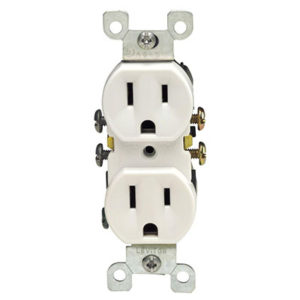
Tamper-resistant receptacle:
Tamper resistant receptacles can be used in a place of conventional 15 and 20 amp outlets. This type of outlet is made to protect children from electrical injuries. Tamer-resistant outlets have a built-in shutter mechanism that blocks insertion of small objects. The shutters only open when a properly rated electrical plug is inserted.
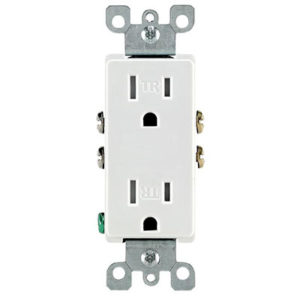
AFCI outlets (arc fault receptacle):
AFCI outlets protect against electrical fires resulting form arc faults. The outlet interrupts power, reducing the likelihood of the homes electrical system being an ignition source of a fire.
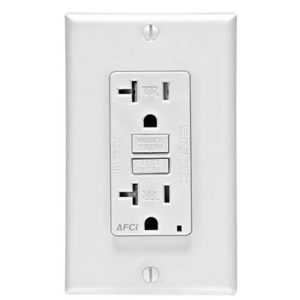
Rotating Outlets:
Rotating outlets are basically the same as standard receptacles. However unlike standard receptacles rotating outlets have the ability to spin 360 degrees. Perfect for those with cell phone chargers, hairdryers, and any type of appliance that you may need to move angles! Rotating outlets are inexpensive and reduce the need for power strips.
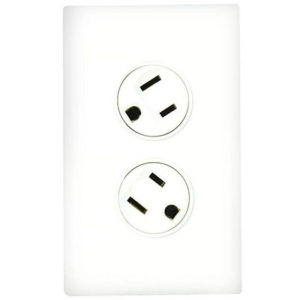
Combination outlet (also known as switch outlets):
Combination outlets provide two features in one device. They contain both a switch(used for light) and an outlet to plug into. There as various combinations of switch outlets, typically the top half is the switch, and the bottom is the outlet.
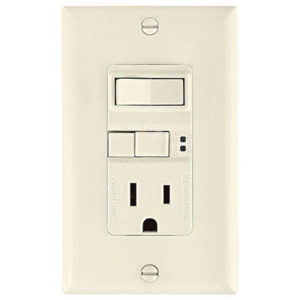
GFCI outlets (ground fault circuit interrupter):
GFCI outlets are used in areas like the bathroom, garage, and kitchen where the risk of electrical shock is greater.These types of outlets protect from dangerous ground faults, which occur when electrical currents travel through any abnormal path to the ground. These outlets help protect you from electrical hazards by monitoring the amount of electricity flowing through a circuit and by quickly turning off power if imbalance is detected.
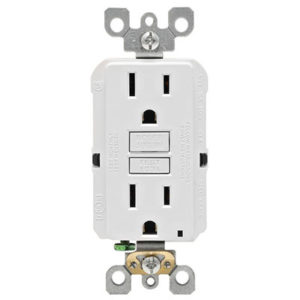
Specialty Outlets – Different types
Many appliances, tools and electronics require specific types of electrical outlets to operate safely and at peak efficiency.
Surge suppression outlets
Surge protectors can help protect your home from sudden bursts of voltages that could damage electrical devices. Designed to protect sensitive electronic equipment from power spikes without the need for power strips.
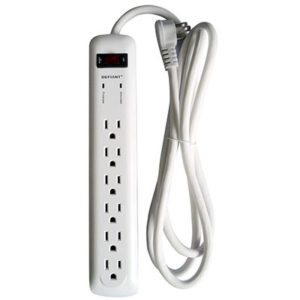
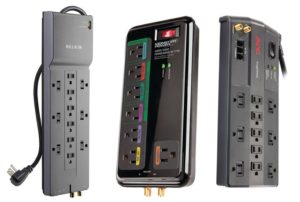
Smart Outlets:
Smart outlets do not require an adapter and allow you to control the outlet from your smartphone.
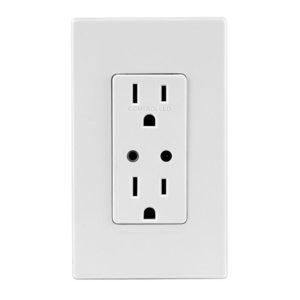
30-amp or 50-amp 125V/250V receptacles:
Required by some heavy-duty appliances such as dryers, cooking ranges, and power tools. Has a special prong configuration.
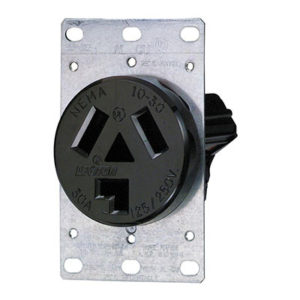
USB Outlets:
Usb outlets allows recharging of devices directly from a usb cable. Leaves regular outlets free for use by other appliances.
Speciality outlets have various advantages and by using the right kind of outlet for your home will help protect you and your family from fire and electrocution.
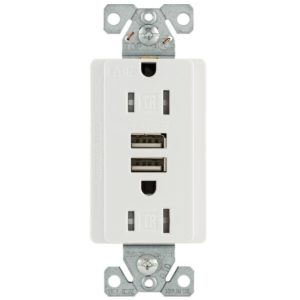
RELY ON OUR LICENSED ELECTRICIAN EXPERTS!
Want to learn more? Looking for ways to reduce electrical bills? or interested in our other electrical services? ACCL Electrical has all the answers! Please visit out contact page for your free estimate today! Or call us at 416-759- 8567, 905-448-5909, 1-866-701-8484.
3 DANGERS FOR POOLS -MINIMIZING THE RISK OF ELECTRIC SHOCK
3 DANGERS FOR POOLS -MINIMIZING THE RISK OF ELECTRIC SHOCK
SURGE PROTECTORS -HOW DOES IT WORK?
THE BENEFITS OF ENERGY EFFICIENT APPLIANCES


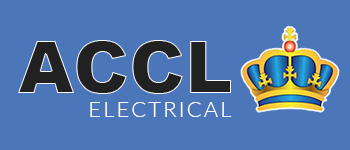

No Comments